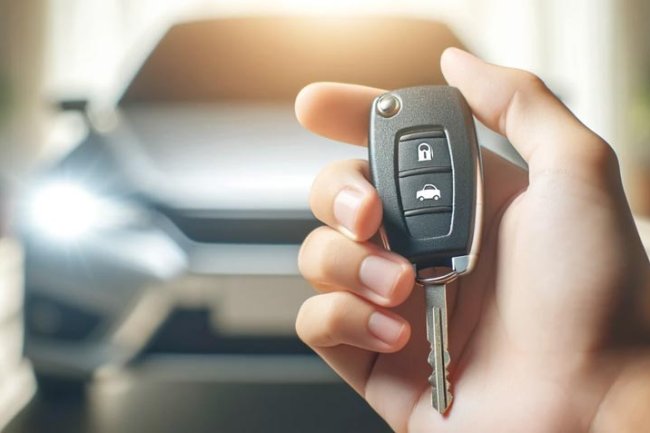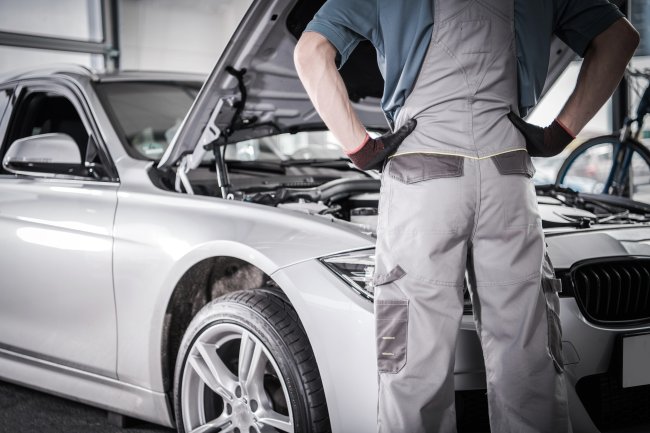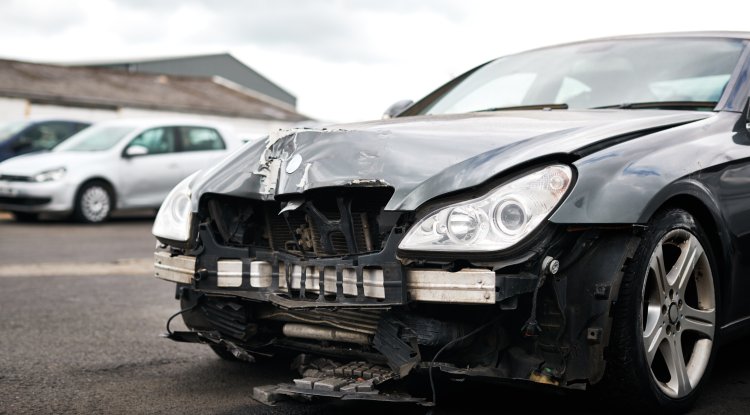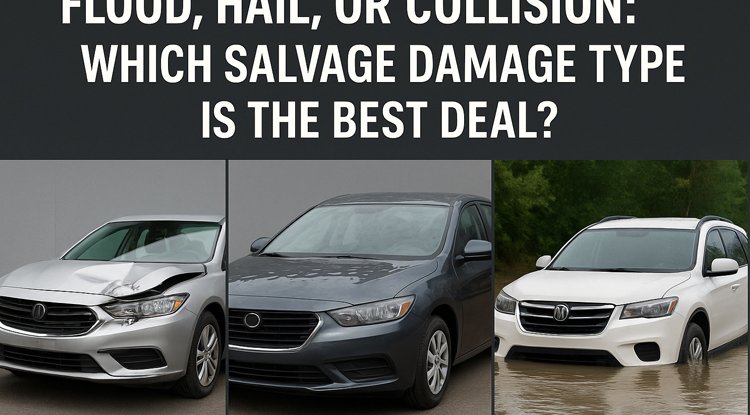What is a Certificate of Destruction Title
If you've ever heard of a certificate of destruction (CoD), you may be wondering what it is and how it differs from a salvage title. In this article, we'll explain everything you need to know about CoDs, including why they're popular overseas.

When a vehicle reaches the end of its life, it may be issued a junk title or a Certificate of Destruction (CoD). A junk title is issued when there are no other options than selling a car for parts or scrapping it, and these vehicles cannot be legally driven on roads in most US states. On the other hand, a CoD certifies that a vehicle has been destroyed, scrapped, or dismantled and is no longer roadworthy. While junk-titled vehicles cannot be exported from the US, CoD-titled vehicles have become a popular choice for overseas customers.
Understanding CoD-titled Vehicles
A CoD-titled vehicle is a vehicle that has been destroyed, scrapped, or dismantled and is no longer roadworthy. The CoD is issued as proof that the vehicle is no longer fit for use on US roads. This title is issued by an insurance company, DMV, dismantler/scrap facility, or other government agency. The CoD permanently terminates the owner’s or insurer’s legal rights on the vehicle. CoD-titled vehicles cannot be legally driven on roads according to current US laws.
What is a Certificate of Destruction Title
If you've ever heard of a certificate of destruction (CoD), you may be wondering what it is and how it differs from a salvage title. In this article, we'll explain everything you need to know about CoDs, including why they're popular overseas.
When a vehicle reaches the end of its life, it may be issued a junk title or a Certificate of Destruction (CoD). A junk title is issued when there are no other options than selling a car for parts or scrapping it, and these vehicles cannot be legally driven on roads in most US states. On the other hand, a CoD certifies that a vehicle has been destroyed, scrapped, or dismantled and is no longer roadworthy. While junk-titled vehicles cannot be exported from the US, CoD-titled vehicles have become a popular choice for overseas customers.
Understanding CoD-titled Vehicles
A CoD-titled vehicle is a vehicle that has been destroyed, scrapped, or dismantled and is no longer roadworthy. The CoD is issued as proof that the vehicle is no longer fit for use on US roads. This title is issued by an insurance company, DMV, dismantler/scrap facility, or other government agency. The CoD permanently terminates the owner’s or insurer’s legal rights on the vehicle. CoD-titled vehicles cannot be legally driven on roads according to current US laws.
MORE: Navigating the World of Car Titles: A Brief Guide to Common Types
Why CoD-titled Vehicles are Popular for Export
CoD-titled vehicles are attractive to overseas customers for several reasons. First, they are often sold at a much lower price than their market value due to their non-roadworthy status. This makes them an attractive option for buyers who are looking to save money. Second, they can be exported from the US since they are not bound by the same legal restrictions as junk-titled vehicles. Finally, overseas customers can salvage the valuable parts and components of CoD-titled vehicles, which are often difficult to find or expensive in their home countries.
MORE: Top 10 Salvage Cars to Consider Buying in 2023
Fixing and Registering CoD-titled Vehicles Overseas
Overseas customers may also fix and register CoD-titled vehicles in their home countries. While the process may vary depending on the country, some may require additional inspections or documentation before the vehicle can be registered. However, since CoD-titled vehicles are often sold at a lower price, the cost of repairs and registration may still be significantly lower than purchasing a new or used vehicle.
MORE: Certificate Of Destruction Title Cars For Sale
Types of CoD and Legal Restrictions
It's important to note that there are two types of CoD: a legal document issued by an insurance company, DMV, dismantler/scrap facility, or other government agency, and a title brand issued in certain states like Louisiana and Florida for vehicles that have been damaged beyond repair. While the latter cannot be registered or operated on US roads, they can still be exported.
Considerations for Exporting CoD-titled Vehicles
If you're considering exporting a CoD-titled vehicle, it's important to do your research and ensure that you comply with the import regulations of your country. Some countries have restrictions on the importation of non-roadworthy vehicles, while others require specific documentation and inspections before allowing entry. Additionally, you may need to work with a shipping company or freight forwarder to transport the vehicle overseas.
Conclusion
In conclusion, CoD-titled vehicles are a popular choice for overseas customers due to their affordability and exportability. While they may not be roadworthy in the US, overseas customers can salvage valuable parts and components, as well as fix and register them in their home countries. If you're looking to dispose of a non-roadworthy vehicle, obtaining a CoD is essential for legal compliance and opens up the possibility for overseas buyers to salvage and repurpose valuable components.













